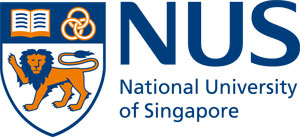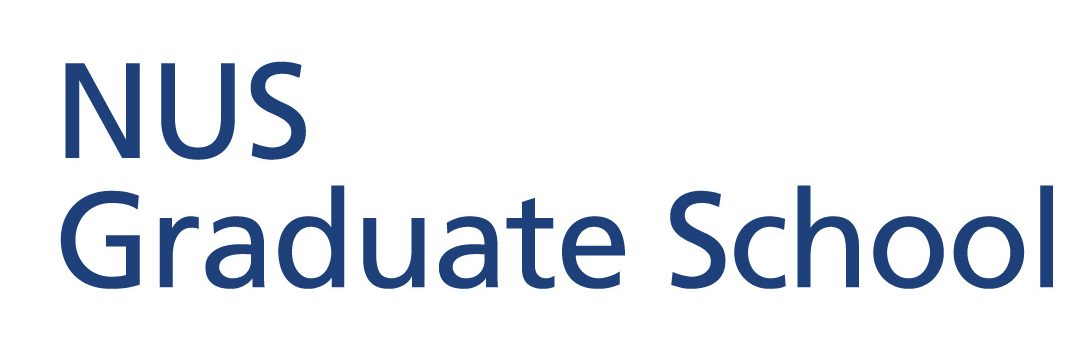Current project #1: Dealing with Confounders in Omics Analysis.
Statistical feature selection on high-throughput omics data (e.g., genomics, proteomics, and transcriptomics) is commonly deployed to help understand the mechanism underpinning disease onset and progression. In clinical practice, these features are critical as biomarkers for diagnosis, guiding treatment, and prognosis. Unlike monogenic disorders, many challenging diseases (e.g., cancer) are polygenic, requiring multigenic signatures to counteract etiology and human variability issues. Unfortunately, in the course of analyzing omics data, we commonly encounter universality and reproducibility problems due to etiology and human variability, but also batch effects, poor experiment design, inappropriate sample size, and misapplied statistics. Current literature mostly blames poor experiment design and overreliance on the highly fluctuating P-value. In this project, we explore a deeper rethink on the mechanics of applying statistical tests (e.g. hypothesis statement construction, null distribution appropriateness, and test-statistic construction), and design analysis techniques that are robust on omics data.
Current project #2: NGS Processing Technologies and Applications.
NGS (next-generation sequencing) technologies have become affordable for more applications. However, the data volumes produced also impose very high demands on computing resources to process and use. For example, genome assembly from NGS reads may take hours to complete, and may require processing nodes with terrabyte memory. This impedes applications in practical settings requiring fast turnaround and/or running on typical desktop computers. In this project, we develop technologies for more efficient processing of NGS data (e.g. compression, error correction, indexing, and assembly), and apply these technologies in real-life applications (e.g. neonatal and prenatal precision medicine).
Current project #3: Better determination of oil-quality parameters
In the agrobiotech industry, chemical-based methods are commonly used for checking oil quality parameters (adulterants, toxins, blends of oil, etc.) in vegetable oil. However, these methods fail to give accurate results and also suffer from the shortcoming of a time-consuming analysis process (including chemical treatment and data acquisition). In addition, the combinatorial space of possible oil-quality outcomes is prohibitive. In this project, we attempt to combine data profiled from photonics technologies (physical methods), supervised machine learning and other AI techniques for simulating data to achieve a number of outcomes: 1/ reduce time of determining oil quality from days to minutes; 2/ increase sensitivity of detection of oil adulterants up to 1%; and 3/ detect toxins at parts-per-billion (ppb) levels.


